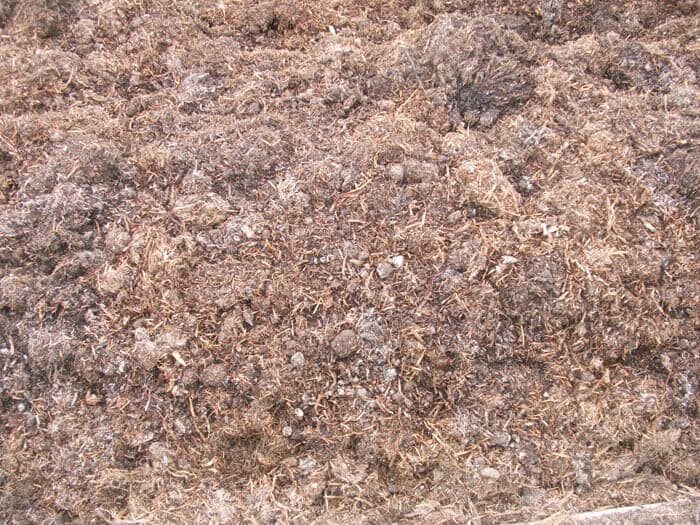What are the Best Plants for Mushroom Mulching?

We all know mulching is the best and most crucial for plants. Many people have been using it for many years. But do you know many of them are not using the ideal mulch for their landscape? Yes, you read that right!
Because the process of creating mulch is known to everyone, people just prepare it with the material available and use it on their plants.
However, you should be aware not all mulch works similarly for all plants, so the following are the mulches you should use for the following plants:
- For leafy plants: Compost or shredded leaves are ideal.
- For flowering plants, Wood chips or pine straw are recommended.
- For trees: Wood chips or shredded bark are suitable choices.
Remember
Misusing mulch in gardens is ruining many mass planting projects and spreading diseases and weeds, which damages the environment.
Mulch falls into two main kinds, which many people are unaware of mulch for ground cover, which is often applied at a thickness of 50 to 100 mm, and mulch for soil conditioner, which is combined with soil to enhance and nourish the soil. Regretfully, using soil conditioning mulch as ground cover has recently become popular. Many plants in Australia are dying, and the advantages of employing ground cover mulch are being eliminated.
Describing exactly what mulch in Adelaide is beneficial for would be lengthy, so today, we will discuss Mushroom mulch in detail. This will include plants for which mushroom mulch is useful and the appropriate season.
So, let's start!
Mushroom Mulch
Mushroom compost is typically a blend of materials, such as crushed grapes from wineries, peat moss, ground corn cobs, hay, straw, and animal manure. After its nutrients have been reduced in the mushroom-growing process, it is sold for general garden use.
One thing to keep in mind is that while mushroom mulch offers some nutrition and serves other mulch purposes, like holding moisture and reducing summer heat and winter cold, it can also contain a significant amount of soluble salts, which damage seedlings.
Let’s understand this in detail!
Plants for which Mushrom mulch is Ideal
- Vegetables: Mushroom mulch is excellent for vegetables because it adds nutrients and keeps water in the soil. Most veggies, from tasty peppers and tomatoes to crunchy carrots and leafy greens, grow well in mushroom mulch.
- Blossoming plants: Let the flowers come! Many blooming plants, like mushroom mulch, improve the soil's structure and balance out the nutrients. This beneficial mulch is good for roses, plants, and annuals.
- Culinary herbs: Do you need fresh cooking herbs? A great choice is mulch made of mushrooms. Basil, parsley, rosemary, and many other herbs like the well-drained, slightly alkaline environment that mushroom mulch creates.
- Plants and Trees: Mushroom mulch can help trees and plants that are already there. It keeps water in the soil, keeps weeds down, and slowly releases nutrients as it breaks down.
When to Use Mushroom Mulch?
Mushroom compost can be used as a mulch and soil conditioner in the springtime. Spread a layer of mushroom compost five centimetres deep over the surface of the soil. One week must pass after the substance is applied to vegetable plots before seeds can be planted.
Tips to Purchase Mushroom Compost
- If you buy compost, it should smell good, not like trash.
- Find a place to buy compost that looks and feels like dark, wet, fluffy soil.
- Assess the moisture content of the compost to ensure it is not overly dry or excessively wet.
- If you prefer organic gardening practices, look for mushroom compost that is certified organic.
- Consider the pH level of the mushroom compost, as it can vary depending on the ingredients and production process.
Summary
We heard the importance of mulching timing, but the mulch we use holds equal importance. Above, at the start, we mention what happens to plants if they do not get the ideal mulch; further, you get details about one of the most popular mulches and which plants are suitable.
If you require more details about the other mulches, contact our experts at BlackwoodLFS for guidance on quality mulches, compost, and more.


